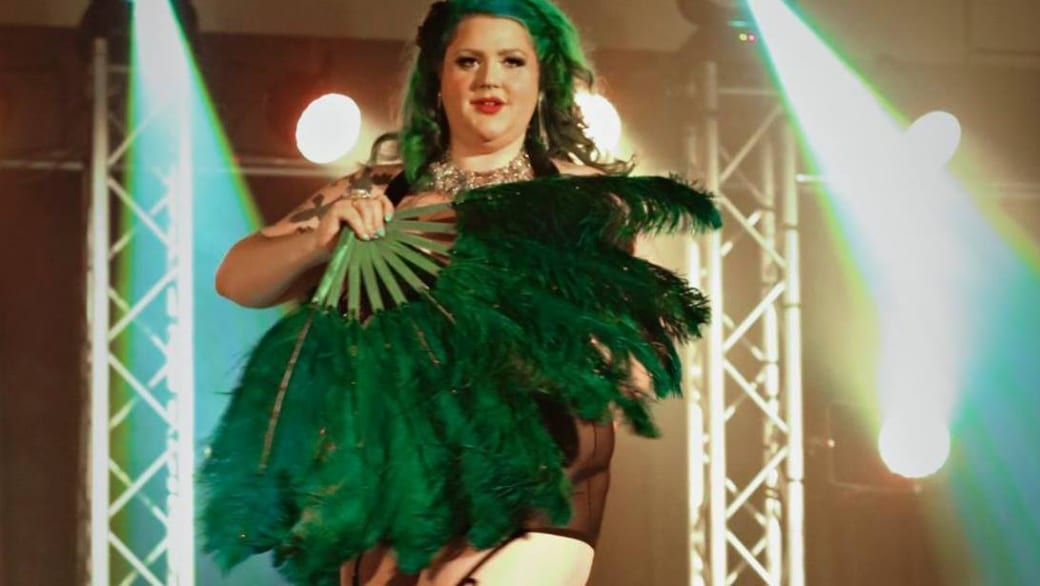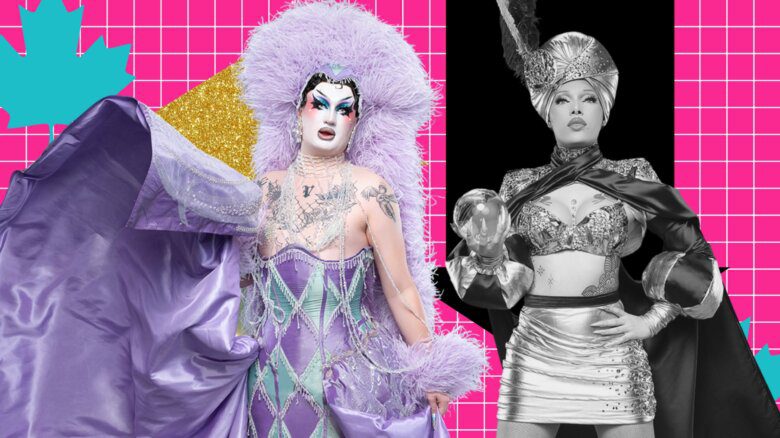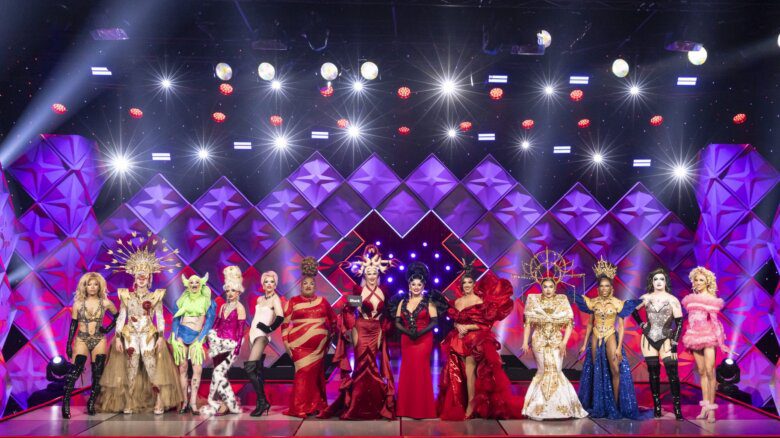Miss Helvetica Bold, founder of Rockalily Burlesque and co-founder of the Ottawa Burlesque Festival, is coming to Algonquin College to talk about body acceptance.
Presented by the Algonquin Queer Student Alliance, Acceptance Day is free, open to the public and takes place on Jan 29, 2016. Helvetica Bold tells us more in this edited interview.
Daily Xtra: What does body acceptance meant to you?
Miss Helvetica Bold: Media and society at large have a financial investment in making people, especially female-bodied or female-identified people, hate themselves. There are multi-million dollar industries based on this. I’m very anti-capitalist and as well I just think it’s really fucked up that people are making money off of you being unhappy. For me, body acceptance is a rejection of what society is telling you to be and in that there’s an inherent self-love. The more you love yourself, the happier you are and the better you are to people around you.
How can people challenge their internalized fat-phobia?
That’s actually really difficult. I consider myself fat and I’ve spent a lot of time on body acceptance and body love. I think the best way to understand it and overcome it is to understand the language you’re using and what these words mean. When you compliment someone on losing weight and you don’t know where they’re coming from, why do you assume that they wanted to [lose weight] or that this is a compliment? It’s really a process of unlearning and having a greater awareness of the loaded statements behind the small words that we use.
What role can burlesque play in improving body acceptance?
It’s a double-edged sword because it’s actually unfriendly towards large bodies, but there are sections of it that are super accepting. You have to find the right part of the burlesque industry. The body-positive burlesque, which is what I tend to engage in, does have socio-political commentary built into it. When you see trans bodies or fat bodies or male bodies in non-normative roles being sexual, it sets off a spark in people and it challenges their preconceived notions of beauty and worth.
Why is burlesque so significant in the LGBT community?
It’s a place where people can come and be creative weirdoes and for the most part we’re not judging each other. There are parts of burlesque that are very corporate and very normative, but there is a large part of the burlesque world that is body-positive and queer-friendly, where it doesn’t matter what gender you are or what you look like. We’re going to celebrate you and we’re going to celebrate each other.
If attendees at Acceptance Day come away with one main message from you, what would you like it to be?
I’d like people to understand that all of these internalized ideas and socially conditioned ideas of what value and beauty are are completely fabricated and not something that you need to subscribe to.
Algonquin College QSA’s Acceptance Day
Jan 29, 2016, 11am–4:30pm
Student Commons building, Room E 206


 Why you can trust Xtra
Why you can trust Xtra


